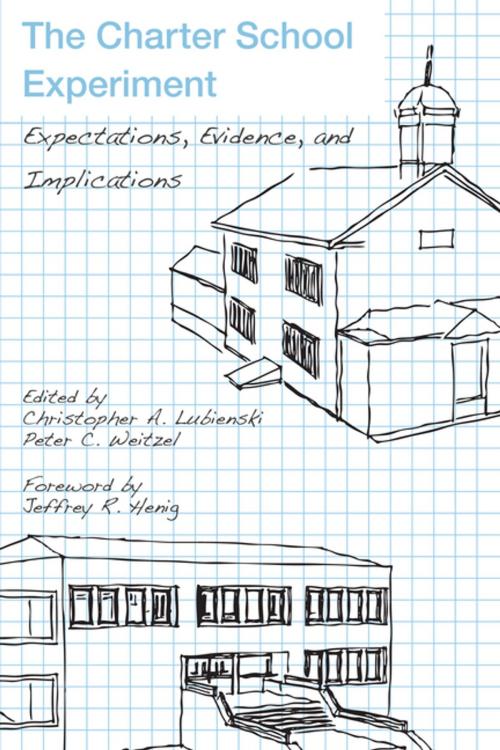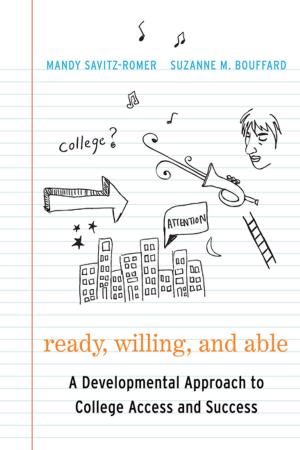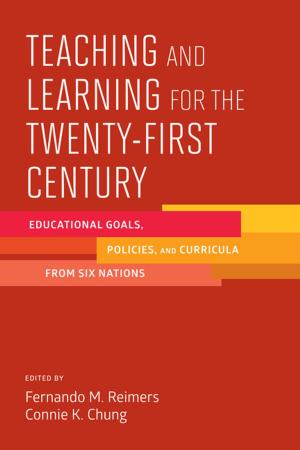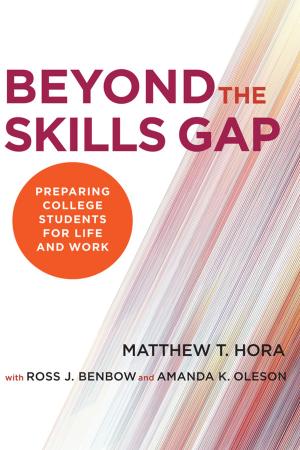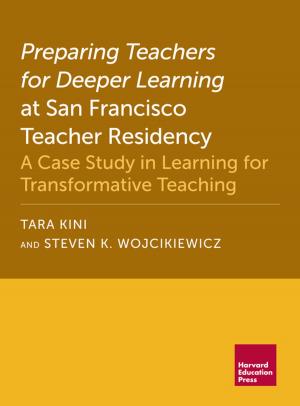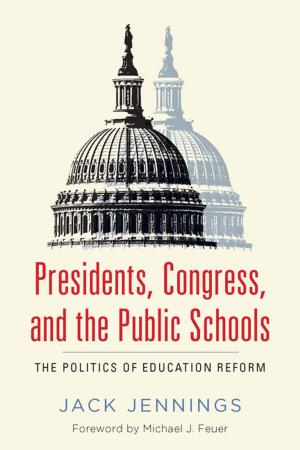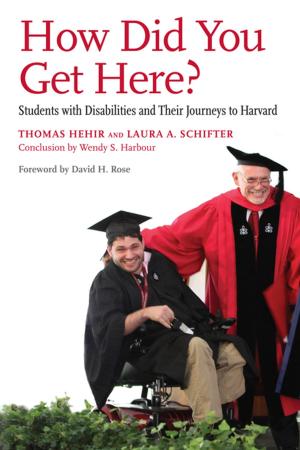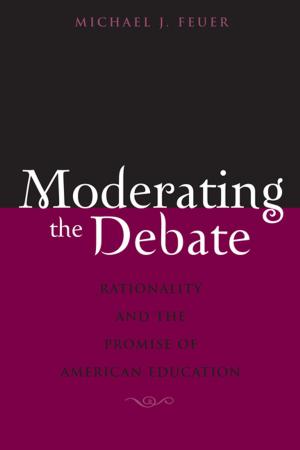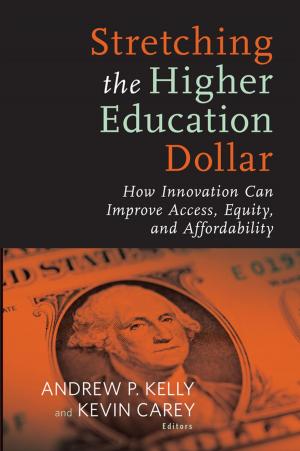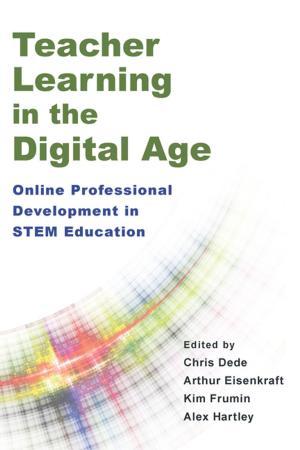The Charter School Experiment
Expectations, Evidence, and Implications
Nonfiction, Reference & Language, Education & Teaching, Special Education, Experimental Methods, Educational Theory, Educational Reform| Author: | ISBN: | 9781612503943 | |
| Publisher: | Harvard Education Press | Publication: | September 1, 2010 |
| Imprint: | Harvard Education Press | Language: | English |
| Author: | |
| ISBN: | 9781612503943 |
| Publisher: | Harvard Education Press |
| Publication: | September 1, 2010 |
| Imprint: | Harvard Education Press |
| Language: | English |
When charter schools first arrived on the American educational scene, few observers suspected that within two decades thousands of these schools would be established, serving almost a million and a half children across forty states. The widespread popularity of these schools, and of the charter movement itself, speaks to the unique and chronic desire for substantive change in American education. As an innovation in governance, the ultimate goal of the charter movement is to improve learning opportunities for all students—not only those who attend charter schools but also students in public schools that are affected by competition from charters.
In The Charter School Experiment, a select group of leading scholars traces the development of one of the most dynamic and powerful areas of education reform. Contributors with varying perspectives on the charter movement carefully evaluate how well charter schools are fulfilling the goals originally set out for them: introducing competition to the school sector, promoting more equitable access to quality schools, and encouraging innovation to improve educational outcomes. They explore the unintended effects of the charter school experiment over the past two decades, and conclude that charter schools are entering a new phase of their development, beginning to serve purposes significantly different from those originally set out for them.
When charter schools first arrived on the American educational scene, few observers suspected that within two decades thousands of these schools would be established, serving almost a million and a half children across forty states. The widespread popularity of these schools, and of the charter movement itself, speaks to the unique and chronic desire for substantive change in American education. As an innovation in governance, the ultimate goal of the charter movement is to improve learning opportunities for all students—not only those who attend charter schools but also students in public schools that are affected by competition from charters.
In The Charter School Experiment, a select group of leading scholars traces the development of one of the most dynamic and powerful areas of education reform. Contributors with varying perspectives on the charter movement carefully evaluate how well charter schools are fulfilling the goals originally set out for them: introducing competition to the school sector, promoting more equitable access to quality schools, and encouraging innovation to improve educational outcomes. They explore the unintended effects of the charter school experiment over the past two decades, and conclude that charter schools are entering a new phase of their development, beginning to serve purposes significantly different from those originally set out for them.
